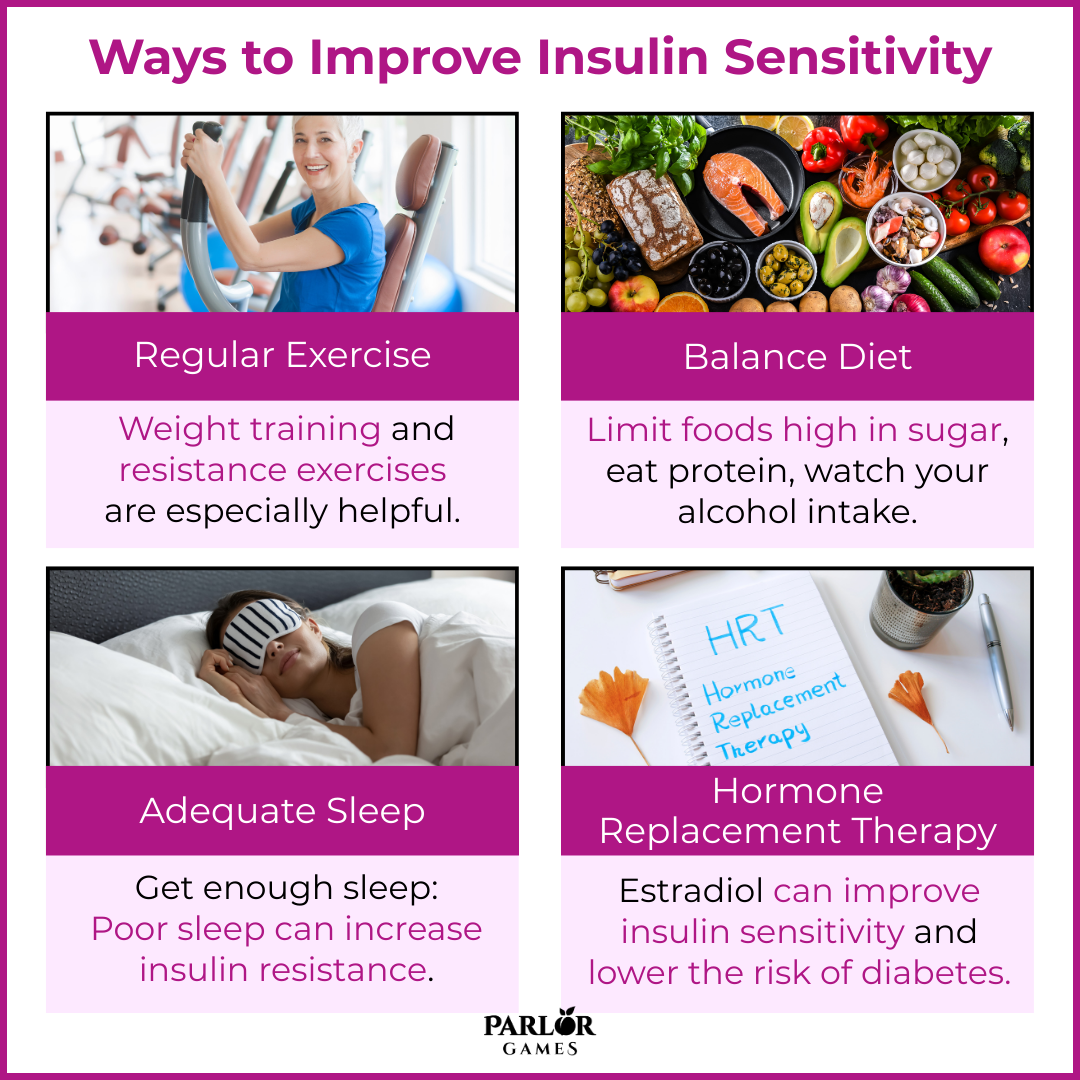CLICK TO SHOP OUR BLACK FRIDAY SALE!
*Excludes BioNude and subscriptions

Guest blog from Dr. Robyn
When people talk about hormones, they usually think of estrogen, progesterone, or maybe even testosterone.
But there’s one hormone that rarely gets the spotlight—insulin—and it plays a huge role in how your body works every single day.
If insulin isn’t doing its job well, your energy, weight, heart health, and even your mood can be affected.
Let’s break it down.
Insulin is a hormone made by your pancreas. Its main job is to help your body use and store glucose—better known as blood sugar—for energy.
Here’s how it works:
Without insulin, your cells would be “locked” and couldn’t get the fuel they need.
Sometimes, the “locks” on your cells stop working well. Your body keeps making insulin, but your cells don’t respond like they should. This is called insulin resistance.
When this happens, your pancreas works overtime, pumping out more insulin to try to get the job done. Over time, this can lead to:
Here’s the good news: estrogen actually helps protect you from insulin resistance.
Here’s the not-so-good news: when estrogen drops during menopause, that protection fades.
That’s why women after menopause tend to have more insulin resistance than women before menopause—even if they’re the same age. This can make it easier to gain weight around the middle and harder to keep blood sugar steady.
Some signs are easy to miss, but watch for:
Even if estrogen levels have dropped, there’s a lot you can do to help your body use insulin better:
Bottom line:
We can’t stop menopause from changing our hormones, but we can take action. By protecting our insulin sensitivity, we can improve energy, keep weight in check, and lower our risk for serious health problems.
Your hormones are always talking to each other—and insulin deserves a seat at the table.

Lorem ipsum dolor sit amet, consectetur adipiscing elit.
Lorem ipsum dolor sit amet, consectetur adipiscing elit.
Lorem ipsum dolor sit amet, consectetur adipiscing elit.
Lorem ipsum dolor sit amet, consectetur adipiscing elit.
Disclaimer: The information provided above is intended for educational and informational purposes only. Statements made have not been evaluated by the FDA nor are they intended to treat or diagnose. Any health concerns should be discussed and evaluated by your primary health care provider.
Parlor Games, LLC ● kate@parlor-games.com ● 5304 River Rd N Ste B ● Keizer OR 97303
Disclaimer: The information provided above is intended for educational and informational purposes only. Statements made have not been evaluated by the FDA nor are they intended to treat or diagnose. Any health concerns should be discussed and evaluated by your primary health care provider.
28 Day Challenge Subscription Details

We ship you a 28 day supply of Silky Peach Cream for only $29 (more than 25% off our normal price) when you sign up for Subscribe & Save.
Follow the directions we include in the package and apply Silky Peach cream on your tender bits for 28 days.

Decision Day:
5 days before your subscription rebills, we’ll send you an email reminder with a link. If you decide Silky Peach is nice but not your thing… you can click that link and cancel your subscription without even talking to anyone. No hassle — no questions asked.
If you are like 72% of our Silky Peach customers, you’ll love it and can't imagine life without it. In that case, do nothing, and we’ll welcome you to the Parlor Games family and ship Silky Peach Cream to your door step every month for the same discounted price of $29 — locked in for as long as you remain a subscriber.

Important note about our easy-breezy subscriptions:
We know that some companies make it hard to cancel a subscription — that’s not us. Our mission is to save the world — one vagina at a time! If you decide you don’t need Estriol as an ongoing solution for dryness, incontinence, UTIs and keeping sex fun and comfortable again, we understand. Five days before we ship your next order, you'll receive an email with a link to cancel right there in the message.
No hunting, no searching, we got you. Respect is where it’s at.
FYI – Estriol is beneficial for skin integrity and mucous membranes. It’s great for vaginal atrophy and also amazing for use on the face and neck. Applying a small amount — about 1 pump — can help build the collagen and plump up the cells to reduce wrinkles. Who knew!!
OUR HAPPINESS GUARANTEE
We want you to feel safe and confident trying any of our products. That's why we promise 100% money-back guarantee on the purchase price of the first bottle of any of our products. Balancing hormones DOES take some time, so please try it for 28 days. If after 28 days you are unhappy, or the product just hasn't worked for you, simply contact us and we'll process a refund of your full purchase price upon receipt. Sorry, shipping fees are not refundable.